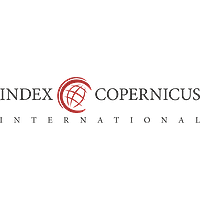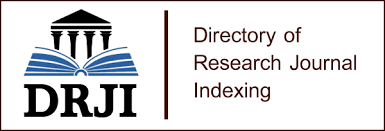THE PRACTICES OF DOWRY IN BANGLADESH: ISSUES AND CHALLENGES
DOI:
https://doi.org/10.55327/jaash.v9i3.311Abstract
Bangladesh declared its independence from Pakistan on March 26, 1971. Prior to that, in the year 1947, the Indian sub-continent acquired freedom from the British Colonial and was divided into two countries, India and Pakistan. In the same year Pakistan was further divided into two parts namely West Pakistan and East Pakistan. After a nine-month fight between East Pakistan and West Pakistan, the latter achieved independence and sovereignty as Bangladesh. From the historical background, Bangladesh practices dowry as a traditional culture in few decades. Dowry in Bangladesh is well known as ‘Joutuk’. Though dowry is not allowed in Sharīʻah, personal law or any other laws of the state, but it’s now practised in Bangladesh as like mandatory obligation of the society. Despite of its prohibition by Dowry Prohibition Act,1980 (amended 2018) practicing of dowry is day by day increasing due to non-enforcement of the laws and in some cases, it is found that due to incapability of the bride family to pay dowry grooms tortured their wife. Hence, there is a common perception of the public that there will be no marriage without dowry. This paper is an effort to highlight the issues on dowry violence’s which caused a huge number of women lives as well as their families in depressing situation in Bangladesh.Finally, this paper proposes a mechanism on how to practically address the issue.
Downloads
Published
How to Cite
Issue
Section
License
Copyright (c) 2023 Md Kalim Uddin

This work is licensed under a Creative Commons Attribution 4.0 International License.
Copyrights for articles published in Journal of Asian and African Social Science and Humanities are retained by the authors, with first publication rights granted to the journal. The journal/publisher is not responsible for subsequent uses of the work. It is the author's responsibility to bring an infringement action if so desired by the author.
Articles published in Journal of Asian and African Social Science and Humanities are published under the Creative Commons Attribution (CC-BY) license, which permits others to distribute, remix, tweak, and build upon your work as long as they credit you for the original creation.
Â















